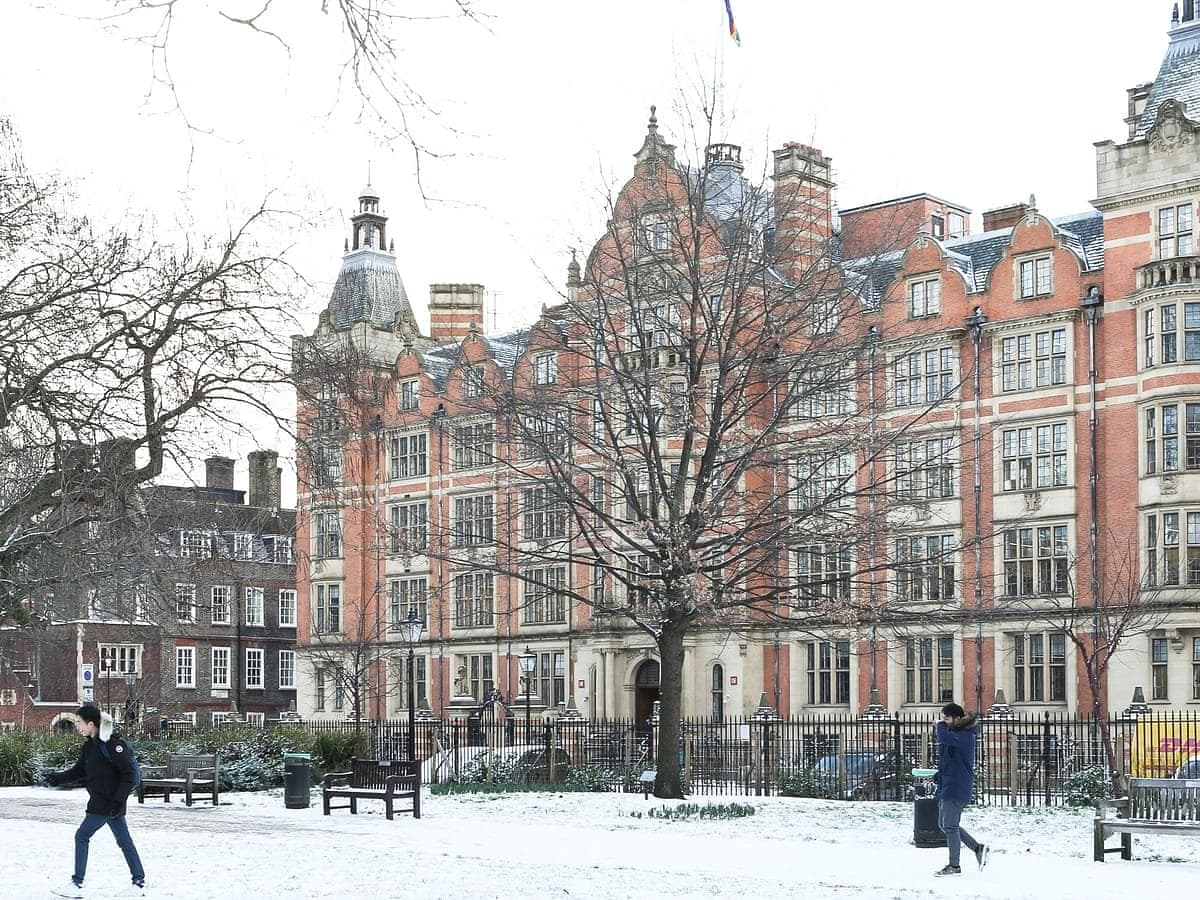For the first, second and fourth years, the degree involves studying courses to the value of 12 units half of which will be in the Department of Sociology, and half in the Language Centre. In addition, you will also take LSE100.
You will spend the third year of your degree studying abroad at a partner university (see the study abroad section).
First year
(* denotes a half unit course)
Key Concepts: Introduction to Social Theory
Introduces students to sociological theory by examining the work and ideas of normally eight key thinkers in social thought.
Power Inequality and Difference: Contemporary Themes in Sociology
- Provides an introduction to critical areas of theory and analysis in contemporary sociology.
- Language and Society 1-3 (choosing between French, German, Mandarin, Russian and Spanish)
- Beginners to advanced study of the specific language within the framework of social sciences and culture.
One from:
English Literature and Society
We look at the emergence, and the making, of modern British society as reflected in fiction, drama and poetry. We focus on sociological concepts through culture.
Intercultural Communication and Management
Looks at the main theories and concepts involved in inter-cultural communication to explain and analyse how they apply in real life, in business and in political communications.
LSE100*
A half unit, running across Michaelmas and Lent Term in the first year, LSE100 is compulsory for all LSE undergraduate students, and is designed to build your capacity to tackle multidimensional problems through research-rich education.
Second year
Key Concepts: Advanced Social Theory
- Engages key sociological issues through the critical reading of theoretically informed empirical research studies.
- Language and Society 2-4 (choosing between French, German, Mandarin, Russian and Spanish)
- Intermediate to proficiency level study of the specific language within the framework of social sciences and culture.
- Courses to the value of one unit from a range of Sociology options
One from:
- Comparative Literature and 20th Century Political History
- Comparative literature of the twentieth century leading up to and including the Cold War.
- Literature and Aspects of Ethics
- Literary treatment/projection of the aspects of ethics, focusing on the classical ideas of Aristotle and Kant, Schopenhauer, and Nietzsche, developed in modern times by Sartre, Lacan, Bernard Williams and Michel Foucault.
- Society and Language: Linguistics for Social Scientists
- Introduces students to key (socio)linguistic concepts (semantic and pragmatic meaning, discourse, register, genre, dialect, idiolect, sociolect) employed in the analysis of language use as a social process.
Third year
Study abroad year at one of five partner universities (see the study abroad section).
Fourth year
- Language and Society 4-5 (choosing between French, German, Mandarin, Russian and Spanish)
- Further advanced (up to mastery or dissertation) study of the chosen language within the framework of social sciences and culture.
Courses to the value of two units from a range of sociology options
Studies contemporary (chiefly post 1990) world literature in the context of modern globalised society, covering prose, poetry and drama.
European Literature and Philosophy
Literary treatment of the major philosophical trends of the twentieth century, including the aesthetics of Bergson and Nietzsche, the analytical school of Russell; political philosophy of Isaiah Berlin, the existentialism of Heidegger and Sartre, the paradox of the absurd of Camus, French and East European Phenomenology; Wittgenstein and philosophy of language.
Society and Language: Linguistics for Social Scientists
Introduces students to key (socio)linguistic concepts (semantic and pragmatic meaning, discourse, register, genre, dialect, idiolect, sociolect) employed in the analysis of language use as a social process.
One from:
Contemporary Literature and Global Society
